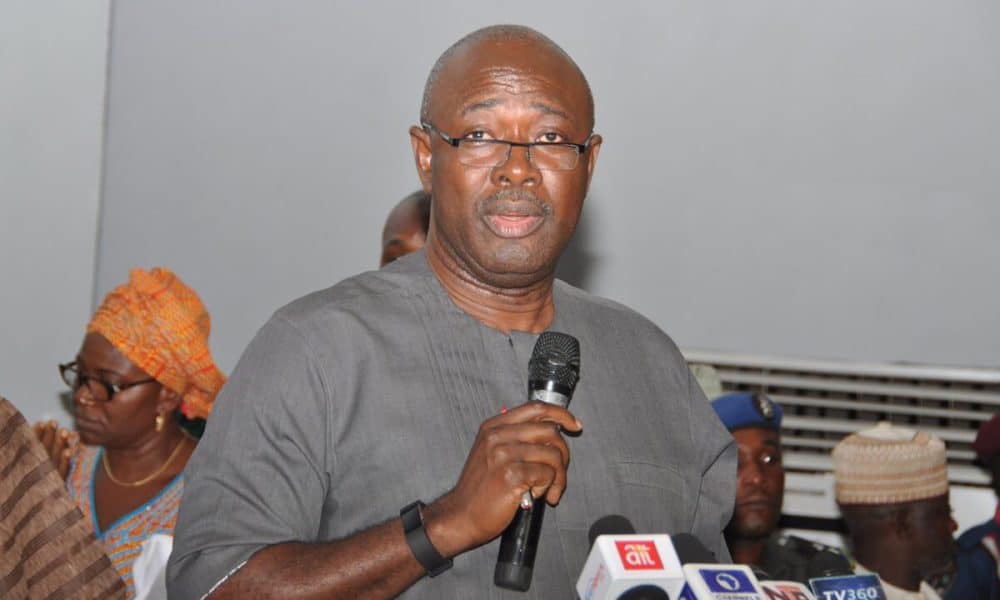The Minister of State for Petroleum Resources (Oil), Heineken Lokpobiri, has disclosed that Nigeria currently produces 1.8 million barrels of crude oil per day.
Senator Lokpobiri said the increase in output was a result of President Bola Tinubu’s directive and support to ramp up oil production to a sustainable level.
Henzodaily reported that the federal government benchmarked the 2025 budget at a production output of 3 million barrels per day.
In a statement on Monday, Lokpobiri lauded the President for his support of his ministry. He stressed that efforts have been made to attract significant foreign and domestic investments into the oil sector.
“With the Presidential directive to ramp up oil production to a sustainable level, the journey of transformation in our oil sector began. This visionary directive by President Bola Ahmed Tinubu, as broad as it was, became the cornerstone of my commitment and that of my team.
“We embraced it wholeheartedly, engaging stakeholders both domestically and internationally to build synergy and foster partnerships. Through these efforts, we successfully attracted significant investments and strengthened institutional frameworks, driving the remarkable transformation we see today in the sector,” he said.
The Minister of State for Petroleum explained that success has been recorded in the oil sector.
He emphasized the removal of bottlenecks in licensing and facilitation of capacity building for indigenous players as efforts by the Ministry to ensure a viable oil sector.
Lokpobiri assured of his ministry’s commitment to driving greater growth and development in the sector for the benefit of Nigerians.
“From the production level of 1mbpd when we began, we have boosted output to 1.8mbpd, inclusive of condensates, and continue to aspire for even greater heights. Our achievements include attracting foreign investment decisions, winning the bid to host the Africa Energy Bank, sustaining peace across Host Communities through robust community engagements, and fully deregulating the downstream sector, ensuring constant availability of petroleum products.
“We have also eliminated bureaucratic bottlenecks in licensing, facilitated capacity building for indigenous players, and introduced numerous reforms too extensive to list.
“Reflecting on this journey, it is evident we have made remarkable strides. From where we started to where we are now, the progress is undeniable. With these accomplishments, the future promises even greater growth and development for the benefit of Nigerians,” he added.
